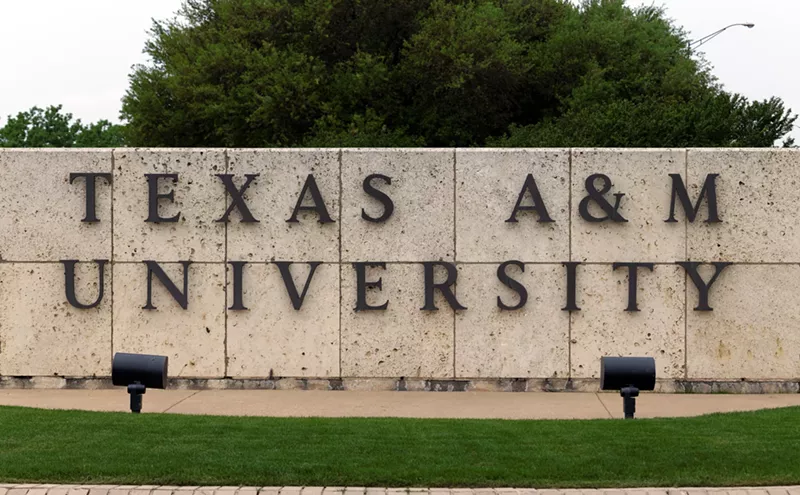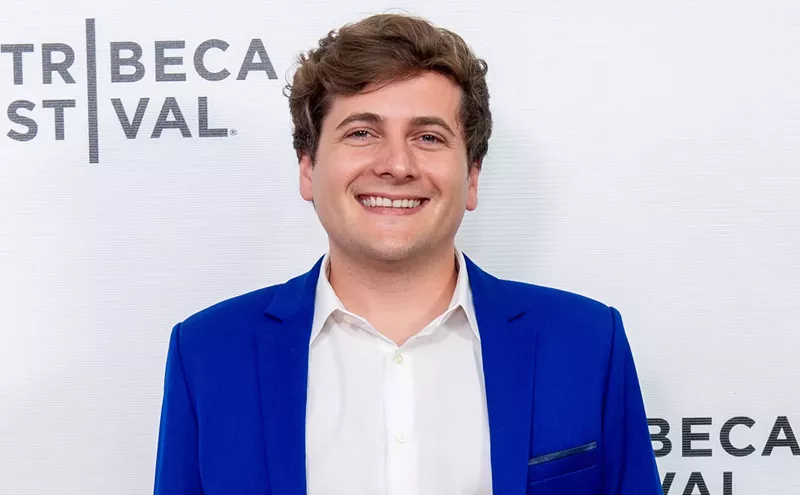Longstanding rumors in the Dallas theater community about Trull's alleged behavior are part of what prompted
Joanie Schultz, artistic director at WaterTower Theatre, to arrange the meeting Monday night before a standing-room-only crowd at Arts Mission Oak Cliff.
“I realize that tonight cannot be all things to all people," Schultz told the crowd.
The evening’s guest, Laura T. Fisher, co-founded Chicago’s Not In Our House theater community. Schultz invited Fisher to discuss the ways the group dealt with the aftermath of allegations of serious physical abuse and assault at a small storefront theater that were made public in 2016.
Neither Schultz nor Fisher, who planned the event months ago, expected the curveball thrown at them last week when local website TheaterJones published accounts from several women about how Trull harassed and assaulted them.
The group that showed up Monday was ready to unpack collective trauma. While many people referred to the allegations against Trull, nobody said his name aloud.
Before Fisher began, Schultz explained that the meeting was not about lobbing accusations or taking sides. It was meant to be a forum for members of the theater community to discuss how to move forward in the face of such revelations and make the community safer for all.
Fisher, an actor, co-founded the Chicago initiative with fellow actor Lori Myers after allegations of abuse emerged against Darrell Cox, co-artistic director at Profiles Theatre. Fisher said Myers learned of the abuse from four women who published their experiences on Facebook with the hashtag #notinourhouse, describing them as "open secrets."
“Within a week, a handful of colleagues were sitting in a neighborhood restaurant trying to figure out what was next," Fisher said. "A community meeting was held. Over 100 community members attended, and Not In Our House and The Chicago Theatre Standards [then known as The Chicago Code of Conduct] were born."
Cox’s behavior was later exposed in a 12,000-word essay published in the Chicago Reader."I'm here because I'm you. I'm an actor." – Laura Fisher
tweet this
Fisher, Myers and many other theater professionals wrote The Chicago Theatre Standards, a 32-page document, over the course of a year. Twenty Chicago theater companies agreed to implement the standards in their spaces. It is, as Fisher was careful to explain, a “wholly free, completely voluntary tool for self-regulation to prevent and respond to unsafe conditions and actions.”
Fisher is not out to police anyone, she says, and the standards are only one tool for practicing safe sexual and physical choreography in the theater. The document provides a way for theaters to prevent problematic behavior and to respond when it happens. If such care and attention can be given to safely orchestrating fight choreography, Fisher says, the same care can be given to all physical choreography.
Theaters that have adopted the standards discuss them at every audition and rehearsal, so anyone wishing to work with the company knows the expectations up front. If a problem arises, the protocol for who to contact is already in place.
Although the town hall meeting in Oak Cliff was planned before the allegations against Trull surfaced, he was indirectly the reason for Fisher's visit. When Schultz, a Chicago native, moved to Dallas last year, she heard whispers about Trull’s behavior. She’d never worked with him and felt conflicted about whether she should.
“I didn’t have any concrete evidence about anything Lee had done, just rumors," Schultz said. "I didn’t know what I should do. So I contacted Laura for advice.”
Fisher, who knew Schultz through her work as an actor in Chicago, advised Schultz to read Chicago's standards and offered to visit Dallas to speak about what her organization had done. Neither knew how timely the conversation would be.
Fisher reiterated that the document is not mean to create an “us versus them” mentality regarding theaters that adopt it and theaters that don’t; it's about setting expectations and a chain of accountability. The document hinges on an “all-in” agreement within a theater, meaning every member of the organization must agree to it.
It's not a legally binding document, but for many small theaters without HR departments, it can be a useful tool.
“We also have a responsibility to tell someone when we don’t like something they’ve done," Fisher says. "If the behavior persists, then it's harassment. Everyone deserves a chance to respond to someone who has clearly crossed a boundary, and everyone deserves a chance to learn that they’re doing something wrong.”
Fisher began her lecture Monday night with the acknowledgment that she was an outsider coming into the Dallas community. “I’m here because I’m you," she said. "I’m an actor.”
After Fisher’s lecture, Schultz and Denise Lee moderated an open discussion. Lee will lead another community conversation Jan. 22 at Dallas Children’s Theater. The dialogue Monday remained civilized, but there was palpable tension. Questions and comments crept closer to specifics about the Trull case.
“What should we do if one person at a theater is contacting people to discuss their careers outside of work?” someone asked.
“How do we protect our students who can’t say no to certain behaviors?” asked another.
One audience member suggested that, for Dallas, a “call-out culture” might be needed and pointed out how raw the community feels at the moment. Fisher encouraged the crowd to take apart the Chicago document or amend it for the needs of Dallas. The key difference in situations is that the sexual misconduct in Dallas occurred at its only member of the League of Resident Theatres, rather than a small storefront operation.
While no solutions were reached and no agreements made at Monday’s meeting, it was a crucial first step in locating root problems and finding ways to solve them together. Nearly all of Dallas’ artistic directors, including the Dallas Theater Center’s, attended.
“This process has made us stronger,” Fisher said, “but I don’t have expectations about how your community should get this right.”














